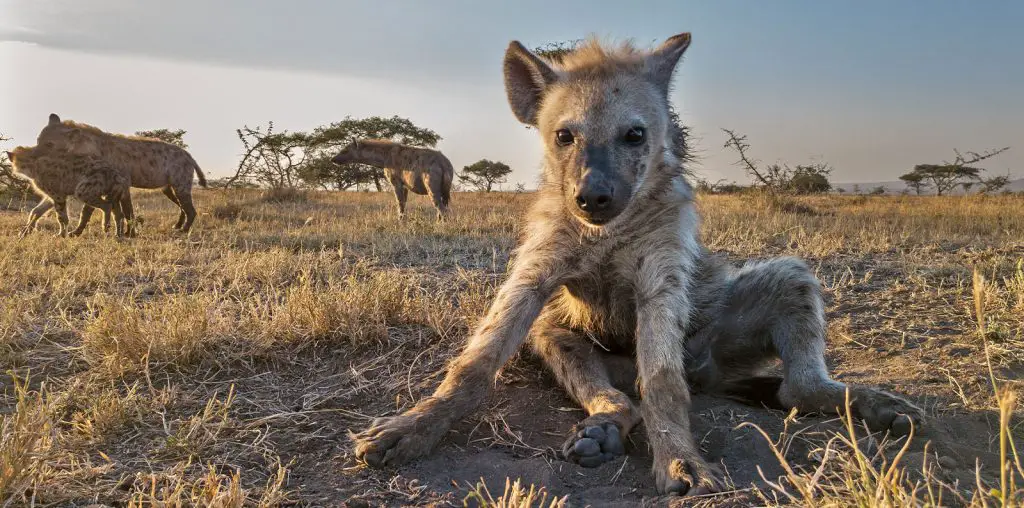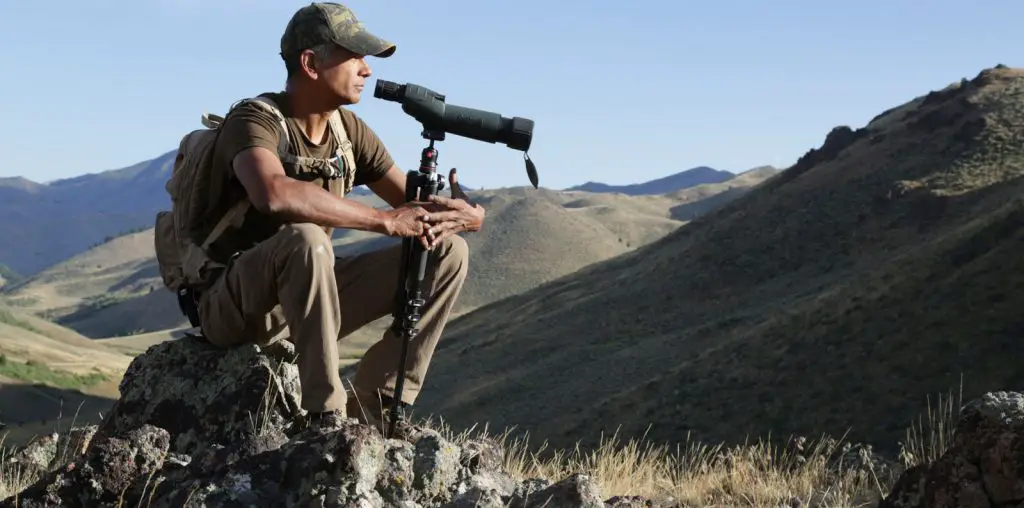
TRIBECA FESTIVAL 2021 REVIEW! Elizabeth Unger has had quite a prolific career. She’s a National Geographic explorer. She’s traveled all seven continents. She was one of the five regional finalists for the prestigious United Nations Young Champion of the Earth Prize. Unger’s anthropological/ecological explorations have ultimately led to filmmaking. Her debut documentary, the heartrending yet hopeful Tiger Gente, proves she’s as naturally gifted a filmmaker as she is skilled at pursuing her chief cause – environmental protection.
The movie begins with breathtaking shots of the Madidi National Park in Bolivia, immersed in an otherworldly fog. It’s one of the largest protected areas in the world and the most biodiverse. It’s also home to “one of the densest Jaguar populations in America.” Unger follows Marcos Uzquiano, the park director, as he attempts to track down jaguar poachers. He talks to children, elderly local hunters, and anglers. Uzquiano follows tracks deep into the jungle, having to camp overnight. He learns that “Chinese people are buying fangs” and consequently delves deeper into the heart of darkness.
In the meantime, at the China-Myanmar border, Hong Kong journalist and conservationist Laurel Chor investigates the selling of said fangs. She also fights for causes like tiger trafficking and the eradication of sharks. Chor finds out about wildlife products being trafficked to China from South America. “Who wants this? Why do they want this?” she wonders.
Tigre Gente intercuts between the two protagonists fluidly, juxtaposing the tranquility, enormity, and splendor of the jungle against the puny, sadistic nature of Man, the Destroyer. Ultimately, it’s all a vicious cycle, an endless quest to prevent what seems more and more inevitable – our self-destruction. Uzquiano and Chor hope to fix this, unable to comprehend how people live in blissful ignorance as they devour the planet.

“…attempts to track down jaguar poachers.”
When was the last time you listened to a river’s premonitions? Uzquiano is so in touch with nature, he’s basically one with it, traversing the jungle and hearing its whispers. “In Bolivia, there’s a legend that a person can turn into a jaguar,” he says. “We call them Tigre Gente.” A gentle soul, he also possesses the elegance and mysterious allure of the animal he’s trying to save. “Everything I do as the director of the park is for the protection of this animal,” he states.
Laurel Chor is equally compelling: dedicated to her cause, charming and brave. She interviews smugglers, their faces blurred out, their voices distorted, in some of the film’s most visceral scenes. She’s devastated at the sight of jaguar skulls, skin, and teeth being sold next to cellphones. Chor’s chat with her mom, a conservation denier, might be the highlight of Tigre Gente.
Unger captures some raw footage: a wildlife market whose horrific merchandise I won’t divulge; an intense confrontation on boats; Marcos apprehending a suspect, who confesses quickly. As compelling as these scenes, and characters, are, the animals themselves are arguably the star of the show – gorgeous, spotted wonders of nature, with eyes that seem to penetrate your very soul. How callous we are to kill and skin something so remarkable.
Tigre Gente is a highly immersive documentary with a pertinent message. It introduces us to a part of the world we know little about and an issue we seldom, if ever, consider. Perhaps we could learn a thing or two from Chor and Uzquiano.
Tigre Gente screened at the 2021 Tribeca Film Festival.

"…heartrending yet hopeful..."


